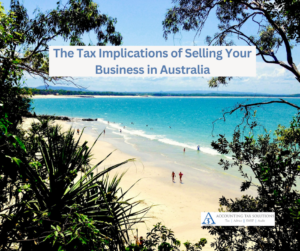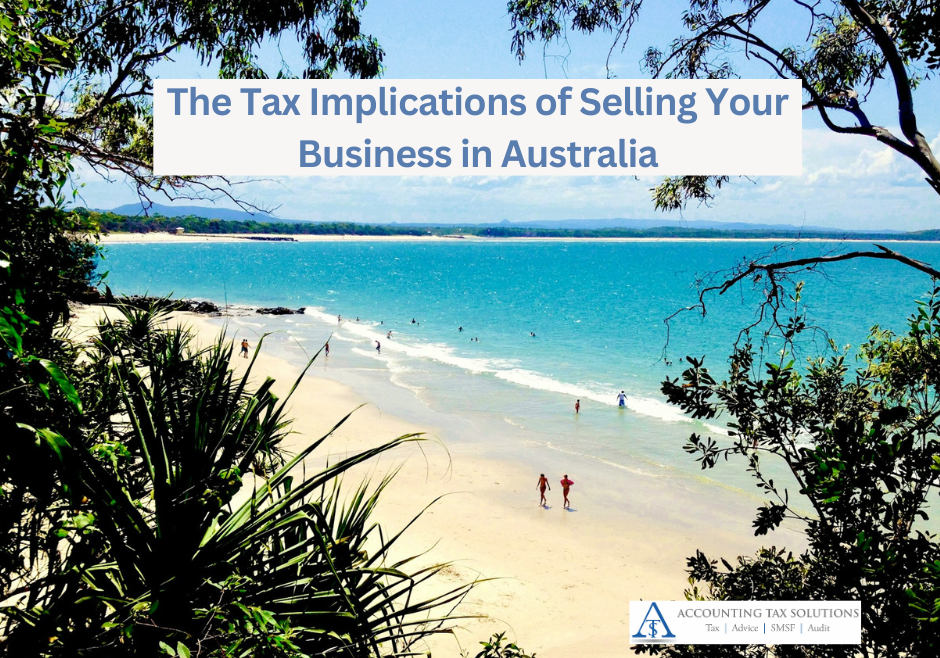
An asset is a resource or item that holds and yields financial or tangible value. As such, the sale of a business is essentially the sale of an asset, meaning various taxes may apply.
With over 25 years of experience helping businesses financially, we understand how much time, knowledge, and resources selling an entity consumes. Find answers to your tax-related questions with our concise guide on managing obligations throughout this process.
What Is Capital Gains Tax?
You’ve made a capital gain if you sell your business for a profit. The Australian Taxation Office may apply capital gains tax (CGT) to this value. Selling your business at a loss isn’t considered a CGT event, as you earned no financial gain.
Selling, giving, losing, and destroying are all ATO-recognised CGT events, so keep this in mind when considering how you’ll let go of your business.
How Much CGT Tax Should You Pay?
The CGT value depends on your individual situation. For instance, the business’ longevity, sale price, capital gain earned, age, and reason for selling the company can all impact your eligibility and liability.
Consider the following calculation:
- Sale income Figure – Cost of Acquiring the Asset = Capital Gain.
- Take 50% of the Capital Gain to find the net capital gain.
- Apply your income tax rate to find your CGT obligation on selling a business.
Acquisition costs include the price of the business if you bought it from another party, the business property, and equipment. You may not need to pay CGT if you own the entity for less than 12 months.
While the ATO has a CGT calculator, working with a business accountant can give you a clear idea of what you might need to pay.
Which Conditions Exempt You From CGT?
Here are two approved ways to reduce or eliminate your CGT liability:
- Small business 15-year exemption: You don’t need to pay CGT if you sell a small business you owned for 15 or more consecutive years. Selling at 55 or retiring also makes you eligible for this exemption.
- Small business retirement exemption: If you sell the business to retire, the ATO won’t charge CGT on capital gains below $500,000.
You could delay CGT liability for around two years if you sell a business and invest in a new active asset. You’d omit the capital gain on your tax returns until the new deadline.
Do Other Obligations Apply After the Sale?
Before you complete the sale, ensure you’re prepared for or up to date on the following:
- PAYE instalments
- Tax returns
- Business activity statement submission
- GST obligations
Get Professional Financial Advice with Accounting Tax Solutions
Departing a business is a monumental moment with many components to consider. Lighten the load by working with a chartered accountant who can help you prepare and comply with any tax obligations related to the business’ closure and sale.
Contact us today for an initial consultation!

